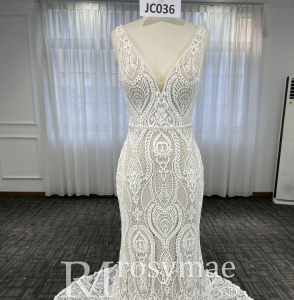Discussing the duration of a typical wedding involves various factors, as traditions and personal preferences can greatly influence the length of the event. Generally, a wedding can last anywhere from a few hours to an entire day, depending on the number of activities and the pace set by the couple.
The ceremony itself is usually the shortest part of a wedding, often lasting between 20 to 30 minutes. This includes the procession, the exchange of vows, the kiss, and the recessional. For those who opt for a religious or traditional ceremony, the duration might extend to an hour or more, accommodating various rituals and readings.
Following the ceremony, guests typically move on to the reception, which is where most of the wedding’s length comes into play. A standard reception lasts about four to five hours. This time frame allows for a meal, speeches, the first dance, cutting of the cake, and ample time for dancing and socializing.
Speaking of wedding traditions, the attire of the bride and groom is a significant aspect of the celebration. A bride might choose a mermaid wedding dress, a popular style known for its fitted bodice and flared bottom, which beautifully accentuates the figure. The elegance and timelessness of a mermaid wedding dress make it an excellent choice for both the ceremony and the reception.
The groom’s attire, while typically less varied than the bride’s, complements the formality of the occasion. A classic tuxedo or suit that echoes the style and color scheme of the wedding ensures a cohesive and elegant look.

The reception usually starts with a cocktail hour, giving guests time to mingle and enjoy appetizers while the newlyweds have their photos taken. This part of the day typically lasts about an hour.
Dinner follows, which can be either a sit-down meal or a buffet. This part of the reception also includes speeches and toasts from the wedding party and family members, and it usually lasts about two hours.
After dinner, the couple often performs their first dance, followed by dancing for all guests. This is the most flexible part of the evening, lasting anywhere from one to three hours, depending on the couple’s preference and the venue’s curfew.
Other activities might be interspersed throughout the reception, such as bouquet and garter tosses, cake cutting, and special performances. These activities add to the overall duration of the wedding.
It’s important for couples to consider their guests’ comfort and enjoyment when planning the timeline. A wedding that’s too long can become tiring, while one that’s too short might feel rushed.
Additionally, the time of day can affect the length of a wedding. Evening weddings tend to last longer, with guests more inclined to dance and celebrate into the night. In contrast, morning or afternoon weddings might be shorter, often concluding with a light meal or reception.
Ultimately, the length of a wedding is a personal choice. Whether it’s a brief, intimate ceremony or a full-day celebration, the most important aspect is that the event reflects the couple’s style and provides a memorable experience for everyone involved.